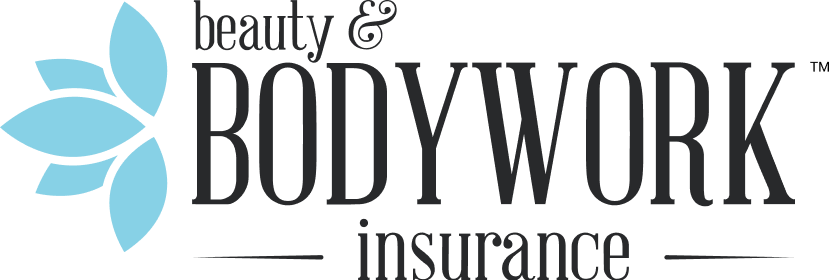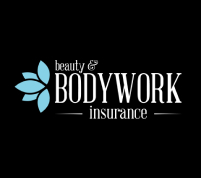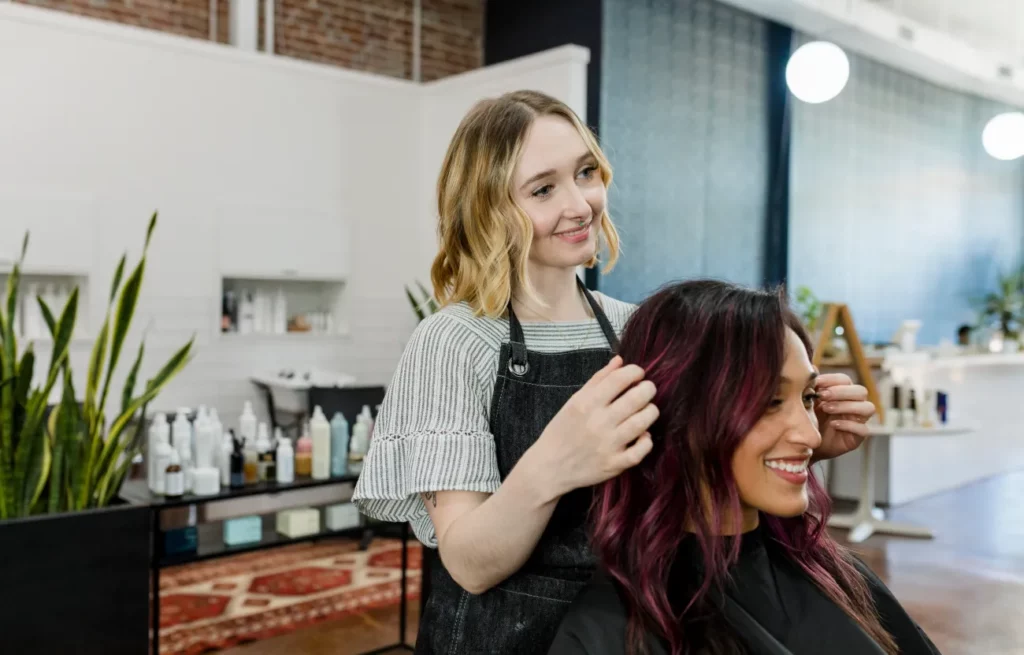One way that massage therapists can protect themselves from liability claims and from getting into uncomfortable or dangerous situations at work is to ask the right questions when they meet a potential client.
Here are a few of the most important questions for massage therapists to ask. It may be wise to keep a record of their responses to these questions or to have a form that you have potential or first-time clients fill out, so you have a record in their own words.
- Why are you seeking a massage therapist?
- Have you seen a doctor for the problems you are describing?
- Are you taking any medications and why?
- Do you experience any symptoms or side effects, such as dizziness, fatigue, pain, tingling or numbness, low or high blood pressure, skin problems or bruising?
- Are you taking the medication long-term or for a limited time?
- Are there any areas the client doesn’t want you to work on?
- Are there any areas of pain?
- What is your activity level?
- How is your energy level? Are there good and bad times of day or times of each week?
- Are you currently undergoing or have you recently undergone diagnostic tests?
- Are you diabetic or do you experience periods of low blood sugar?
- When was the last time you had a massage? Where did you have your last massage? Did it go well?
- What would make a massage a success for you?
Here are a few things to communicate to your clients before their first session:
- What your personal code of ethics includes.
- Your goals as a massage therapist.
- What modalities you practice and what level of pain or discomfort is normal or abnormal.
- How to communicate to you if they are feeling anxious, low in blood sugar, or an abnormal amount of pain or discomfort.
Of course, you might not like to talk to much during a massage, but here are a few things to make sure you are talking to your clients about:
- Ask them if they are in pain or discomfort.
- If you are using heat, be sure to ask them if the heat level is uncomfortable.
Signs of a client to avoid:
- A potential client says they are seeking a massage to help with a severe emotional problem or if they mention feeling suicidal
- A client makes suggestive comments or implies that they might be seeking something other than a professional therapeutic massage.
- A potential client you do not know personally and was not referred to you by a trusted source wants same-day service at their home or at your home.
Other things you can do to keep your clients safe:
- Only work with well-maintained supplies and equipment. For example, make sure that your massage table is up to date, and your oils are properly stored.
- Clean up clutter or spills in your workspace immediately.
- Keep some sugary juice and a first-aid kit on hand in case a client experiences a drop in blood sugar.
- Become CPR certified in case of an emergency situation.
- Notify other massage therapists in your area if you encounter a client who is potentially aggressive or dangerous.
- Purchase liability insurance, and keep it up to date.
We hope this list helps you stay safe and keep your clients safe. The BBI program was created to help massage therapists protect their business and their career. To learn more about liability insurance for massage therapists visit us here.
If you like our blog and want to read more, check out a recent post:
The Three Most Common Liability Insurance Claims Made by Massage Therapists







